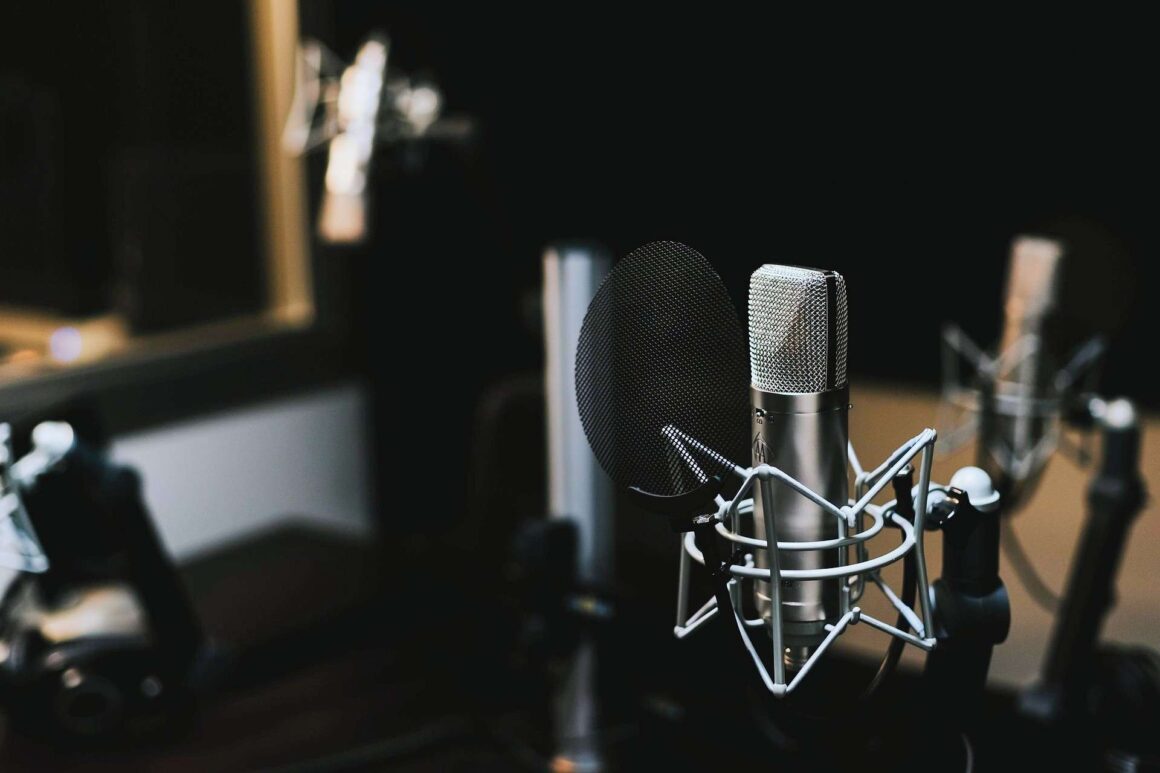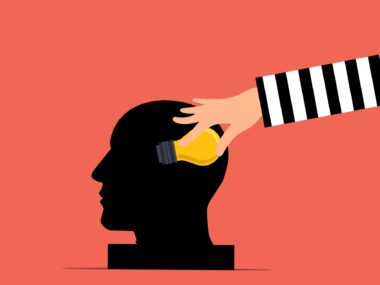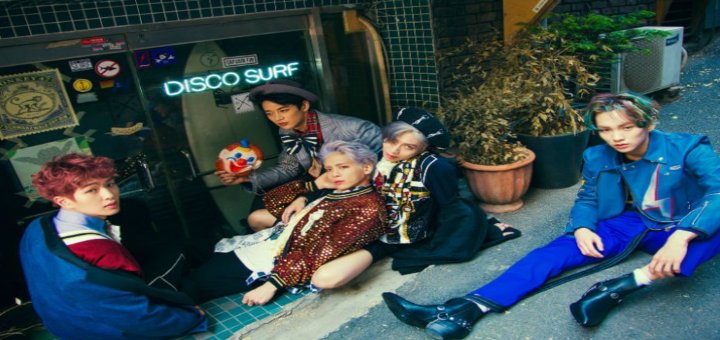OpenAI is working on a generative AI music tool that could change how music is made. Early reports suggest the model will be capable of generating music from text or audio prompts.
Imagine telling an AI, “Add a guitar riff to this vocal track,” and it does exactly that. Or writing up a description for background music, then getting a fully realized instrumental instantly. The potential for this technology is enormous. It’s also disruptive.
How OpenAI Is Building It
One surprising element of the project is OpenAI’s collaboration with students from the Juilliard School. They are helping to annotate musical scores, providing data to train the model. It’s nice to see OpenAI taking the time to get permission from the Juilliard School. The private performing arts college has bred some of the best in the industry, like Nina Simone and Yo-Yo Ma. It gives the impression that the people in charge of this project are trying to build a tool that respects the craft of music.
We don’t yet know if this tool will live inside ChatGPT, be part of OpenAI’s video platform Sora, or exist as a standalone product. What is clear is that OpenAI is taking a serious step into generative music .
Pushback From the Music Industry
This tool could allow users to produce, edit, or augment songs without any prior experience. Anyone who wants to make music can without any barriers.
The ramifications are huge. The way the music industry operates would be disrupted. Meanwhile, OpenAI would gain a powerful new tool to monetize. This tool would be a game changer in the music industry.
It’ll also face a ton of pushback from people working in the music industry. Generative AI has already faced resistance from creators, labels, and publishers. Artists are worried about AI replacing the need for humans. They fear the technology will cause the quality of music to go downhill.
Startups like Suno and Udio, along with Google’s Lyria, have already encountered legal headaches over the data used in their training datasets. OpenAI will probably seek licensing agreements with major labels to avoid legal trouble.
The entertainment industry at large has been fighting to keep the technology away from their world. It’s a war they’re going to have a hard time winning. AI is evolving faster than you can blink. Also tech executives operate on a “move fast and break things” mindset.
Resistance might slow adoption, but it won’t stop it. Generative AI music is coming whether the industry likes it or not.





